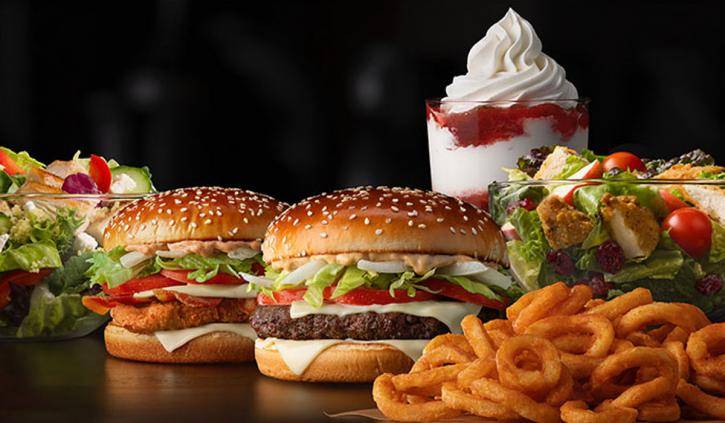
Introduction:
In the quest for a more sustainable future, addressing the environmental impact of packaging in the food industry has become a critical endeavor. Traditional packaging materials contribute significantly to pollution and waste, prompting the exploration of innovative and eco-friendly alternatives. This article explores sustainable food packaging ideas that aim to reduce the ecological footprint while maintaining the integrity and freshness of the products.
- Edible Packaging: Embracing Nature’s Bounty
Edible packaging is a revolutionary concept that seeks to eliminate waste altogether. Instead of discarding packaging, consumers can consume it along with the food. Examples include edible films made from seaweed, starch, or fruit extracts, offering a solution that not only reduces waste but also adds a layer of creativity and uniqueness to the dining experience.
- Biodegradable and Compostable Materials: Returning to Earth
Opting for biodegradable and compostable materials is a straightforward yet impactful way to reduce the environmental impact of food packaging. Materials such as PLA (polylactic acid) derived from plant sources, mushroom-based packaging, and bagasse (sugarcane waste) are compostable alternatives that break down naturally, returning nutrients to the soil without leaving harmful residues.
- Reusable Packaging: Closing the Loop
Encouraging a circular economy, reusable packaging minimizes the need for single-use materials. Businesses can implement refillable containers, sturdy glass jars, or stainless steel containers that customers can return for a discount on their next purchase. This approach not only reduces waste but also fosters a sense of responsibility and engagement among consumers.
- Recyclable Packaging with Clear Guidelines: Closing the Recycling Loop
While recyclable materials are widely used, their effectiveness is often hampered by confusion surrounding recycling practices. Sustainable packaging ideas include clearly labeled and easily recyclable materials, enabling consumers to dispose of the packaging responsibly. This approach ensures that recyclable materials are efficiently collected and processed.
- Plant-Based Alternatives: Harnessing Nature’s Versatility
Plant-based packaging materials offer a sustainable alternative to traditional petroleum-based plastics. Packaging made from materials like cornstarch, sugarcane, or bamboo is not only renewable but also often biodegradable. These plant-based alternatives can be used for a range of applications, from flexible films to rigid containers.
- Waste-to-Energy Packaging: Transforming Trash into Power
Waste-to-energy packaging utilizes non-recyclable materials to generate energy through incineration. While controversial due to emissions concerns, advanced technologies are emerging that mitigate environmental impact. This approach presents a potential solution for materials that currently end up in landfills, converting waste into a valuable energy resource.
- Minimalist Packaging: Reducing Excess
Embracing a minimalist approach to packaging involves reducing unnecessary layers, materials, and excess space. This not only decreases the amount of material used but also makes the packaging more efficient for transportation and storage. Minimalist packaging aligns with the principles of simplicity and sustainability, focusing on what is essential to preserve the product’s quality.
Conclusion:
As the world grapples with the environmental challenges posed by excessive packaging, the adoption of sustainable food packaging ideas has become imperative. The concepts discussed above represent a shift toward responsible and eco-friendly practices in the food industry. By embracing edible packaging, biodegradable materials, reusable containers, and innovative plant-based alternatives, the food packaging landscape can evolve to meet the demands of the present without compromising the needs of future generations. As businesses, consumers, and policymakers increasingly prioritize sustainability, these ideas serve as stepping stones toward a more environmentally conscious and responsible food packaging industry.




